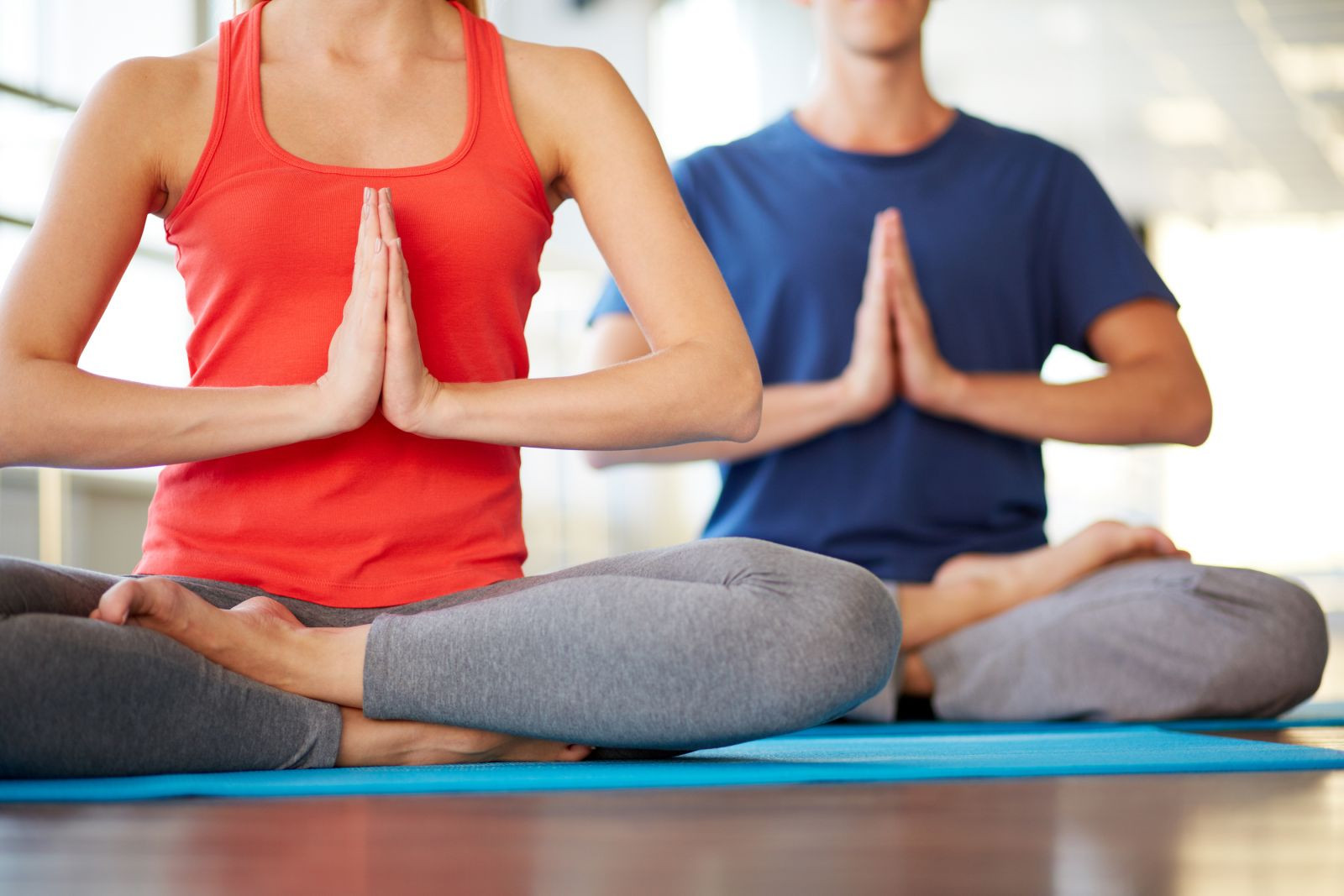Human rights are the cornerstone of a just and equitable society, ensuring that every individual is treated with dignity and respect. These universal principles, recognized globally, protect our freedoms and define the obligations of governments to their citizens. In this article, we’ll dive deep into what basic human rights are, their origins, their significance, and how they impact our daily lives. Whether you’re seeking to understand your entitlements or advocate for others, this guide is crafted to inform, inspire, and empower.
What Are Basic Human Rights?
Basic human rights are the inalienable entitlements every person possesses simply by being human, regardless of race, gender, religion, or nationality. They are grounded in the belief that all individuals deserve dignity, freedom, and equality. These rights are protected by international frameworks like the Universal Declaration of Human Rights (UDHR), adopted by the United Nations in 1948.
Why Do Human Rights Matter?
Human rights matter because they safeguard our ability to live freely, express ourselves, and pursue happiness without fear of oppression. They act as a moral compass for governments and institutions, ensuring accountability and justice. For example, I once met a community activist who shared how access to education—a fundamental human right—transformed her life, lifting her family out of poverty. Such stories remind us that these rights aren’t abstract; they shape real lives.
The Origins of Human Rights
The concept of human rights has deep historical roots, evolving through centuries of philosophical and political thought. From the Magna Carta in 1215 to the Enlightenment ideas of thinkers like John Locke, the belief in inherent human dignity has shaped modern frameworks. The UDHR, born in the aftermath of World War II, marked a global commitment to preventing atrocities and promoting universal freedoms.
Key Milestones in Human Rights History
The journey to codify human rights is a story of resilience and progress. The UDHR, for instance, was drafted after the horrors of the Holocaust, with contributions from diverse nations. It’s a testament to humanity’s collective resolve to ensure “never again.” Today, treaties like the International Covenant on Civil and Political Rights (ICCPR) continue to build on this legacy.
Table: Major Human Rights Milestones
| Year | Event | Significance |
|---|---|---|
| 1215 | Magna Carta | Established early principles of individual rights |
| 1948 | Universal Declaration of Human Rights | Set global standards for human rights |
| 1966 | ICCPR and ICESCR | Legally binding treaties for civil and economic rights |
| 1989 | Convention on the Rights of the Child | Protected children’s rights globally |
Core Categories of Human Rights
Human rights are often grouped into civil, political, economic, social, and cultural categories. Each category addresses different aspects of human dignity and freedom. Below, we’ll explore these categories and their specific rights, ensuring you understand what’s at stake.
Civil and Political Rights
Civil and political rights protect individual freedoms and participation in governance. These include the right to life, liberty, freedom of speech, and the right to a fair trial. Imagine being unable to speak your mind without fear of arrest—civil rights ensure that doesn’t happen.
Examples of Civil and Political Rights
- Right to Life: Every person has the right to live without arbitrary deprivation of life.
- Freedom of Expression: You can share your thoughts, even if they challenge the status quo.
- Right to Vote: Citizens can participate in democratic processes to shape their government.
Economic, Social, and Cultural Rights
These rights focus on ensuring a decent quality of life, including access to education, healthcare, and cultural participation. I recall volunteering at a community center where access to free education empowered children to dream beyond their circumstances. These rights make such transformations possible.
Examples of Economic, Social, and Cultural Rights
- Right to Education: Ensures access to learning opportunities for all.
- Right to Health: Guarantees access to essential healthcare services.
- Right to Work: Protects fair labor conditions and the right to earn a living.
Comparison: Civil vs. Economic Rights
| Aspect | Civil & Political Rights | Economic, Social & Cultural Rights |
|---|---|---|
| Focus | Individual freedoms | Quality of life |
| Examples | Free speech, voting | Education, healthcare |
| Legal Basis | ICCPR | ICESCR |
| Enforcement | Often immediate | Progressive realization |
Universal Declaration of Human Rights: A Closer Look
The UDHR is the bedrock of modern human rights law, comprising 30 articles that outline fundamental freedoms. It’s not legally binding but serves as a moral and political guide. Let’s explore some key articles to understand their real-world impact.
Article 1: All Human Beings Are Born Free and Equal
This article sets the tone, declaring that everyone is entitled to dignity and rights without discrimination. It’s a reminder that no one is “less than” based on their background. This principle resonates deeply, especially when you hear stories of marginalized communities fighting for recognition.
Article 3: Right to Life, Liberty, and Security
This article ensures protection from arbitrary harm or detention. Consider the case of a refugee fleeing war—Article 3 guarantees their right to safety, a principle that humanitarian organizations like Amnesty International work tirelessly to uphold.
Article 26: Right to Education
Education is a game-changer, opening doors to opportunity. This right ensures that everyone, from a child in a rural village to an adult seeking new skills, has access to learning. It’s why initiatives like UNESCO’s Education for All campaign exist.
Challenges in Upholding Human Rights
Despite global agreements, human rights violations persist. From censorship in authoritarian regimes to economic inequality, challenges abound. I once spoke with a journalist who risked her life to report on government corruption—her courage highlights the ongoing struggle to protect free speech.
Common Violations and Their Impact
- Discrimination: Denies equal treatment based on race, gender, or other factors.
- Torture and Inhumane Treatment: Violates personal dignity and security.
- Lack of Access to Education: Limits opportunities for millions, especially in low-income regions.
Pros and Cons of Human Rights Frameworks
Pros:
- Provide a universal standard for dignity and justice.
- Empower individuals to challenge oppression.
- Foster global cooperation through treaties.
Cons:
- Enforcement varies by country, leading to inconsistencies.
- Some governments resist international oversight.
- Resource limitations hinder full implementation.
People Also Ask (PAA) Section
Below are real questions from Google’s “People Also Ask” feature, answered concisely to address search intent.
What Are the 5 Basic Human Rights?
The five basic human rights often highlighted include the right to life, freedom from torture, freedom of expression, the right to education, and the right to work. These are drawn from the UDHR and form the foundation of human dignity.
Why Are Human Rights Important?
Human rights ensure fairness, protect against abuse, and promote equality. They empower individuals to live with dignity and hold governments accountable, fostering peaceful and inclusive societies.
How Can I Learn More About Human Rights?
Explore resources from organizations like Amnesty International or the United Nations Human Rights Office. Online courses on platforms like Coursera also offer in-depth learning.
Where Can I Report Human Rights Violations?
Contact local human rights organizations, national ombudsmen, or international bodies like the UN Human Rights Council. For urgent cases, NGOs like Human Rights Watch provide reporting mechanisms.
How to Advocate for Human Rights
Advocating for human rights starts with awareness and action. Whether you’re signing petitions, supporting NGOs, or educating others, every step counts. I once joined a local campaign to promote girls’ education—it was humbling to see how small actions could spark change.
Practical Ways to Get Involved
- Educate Yourself: Read the UDHR or take free online courses.
- Support NGOs: Donate to or volunteer with organizations like Human Rights Watch.
- Raise Awareness: Use social media to share stories and facts about human rights.
- Advocate Locally: Join community efforts to address local issues like discrimination.
Best Tools for Human Rights Advocacy
- Amnesty International’s Action Network: Join campaigns to pressure governments.
- Change.org: Create or sign petitions for global causes.
- UN Human Rights Reporting Portal: Submit evidence of violations directly.
FAQ Section
What Are Human Rights in Simple Terms?
Human rights are the basic freedoms and protections every person has, like the right to live, speak freely, and access education, regardless of who they are or where they’re from.
Are Human Rights the Same Everywhere?
While human rights are universal in principle, their enforcement varies. Some countries uphold them robustly, while others face challenges due to political or economic constraints.
Can Human Rights Be Taken Away?
Human rights are inalienable, meaning they can’t be legally taken away. However, violations occur when governments or entities ignore these rights, necessitating advocacy and intervention.
How Are Human Rights Enforced?
Enforcement happens through national laws, international treaties, and organizations like the UN. Courts, NGOs, and public pressure also play critical roles in upholding rights.
Who Protects Human Rights Globally?
The United Nations, regional bodies like the European Court of Human Rights, and NGOs like Amnesty International work to protect and promote human rights worldwide.
Conclusion: Your Role in Upholding Human Rights
Basic human rights are more than legal principles—they’re a promise of a better world. From the right to life to the freedom to learn, these rights shape our societies and our lives. By understanding and advocating for them, you can make a difference, whether it’s supporting a local cause or amplifying global issues. Let’s commit to a future where every person’s dignity is respected—because when one of us thrives, we all do.









Leave a Reply